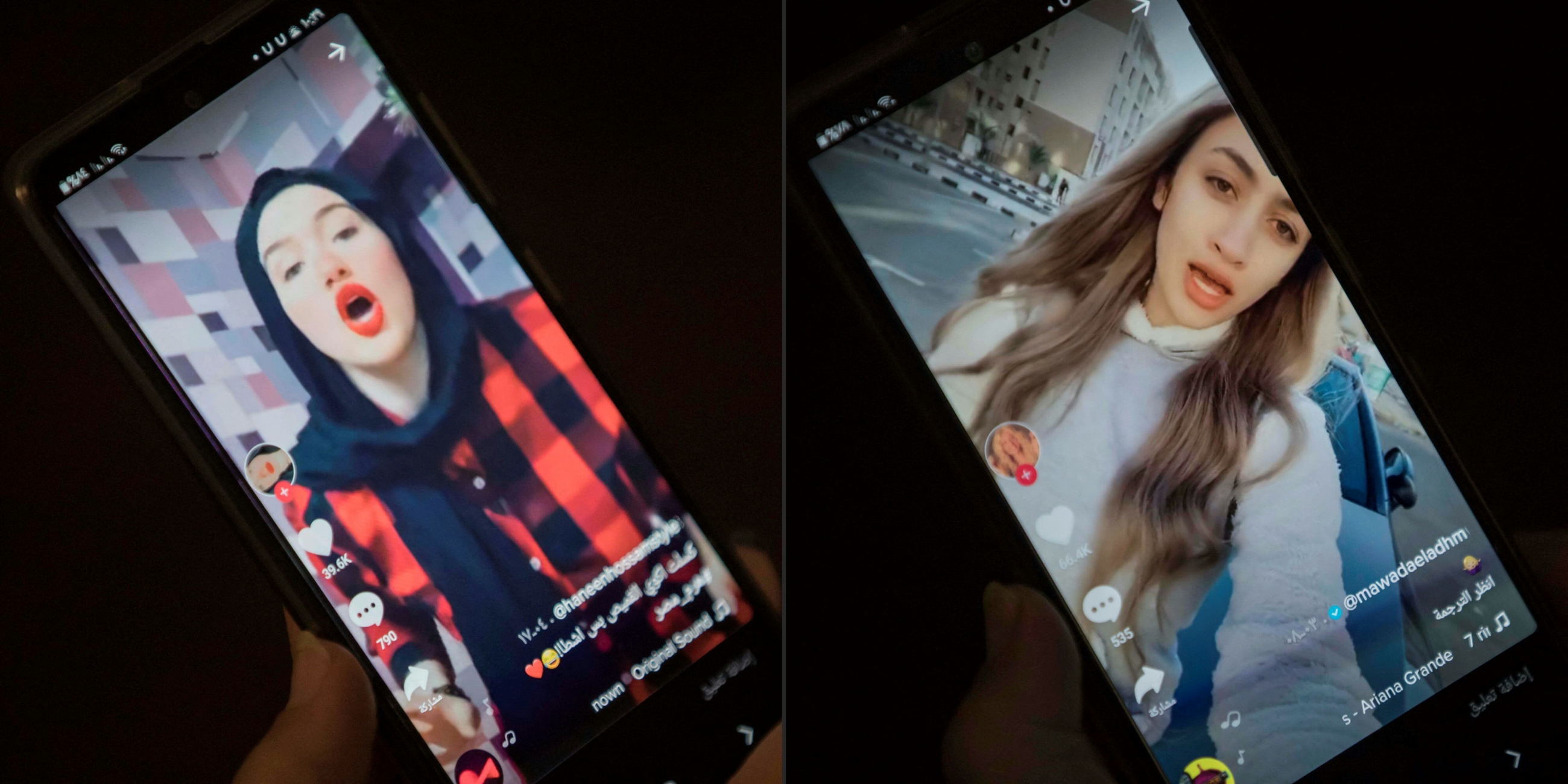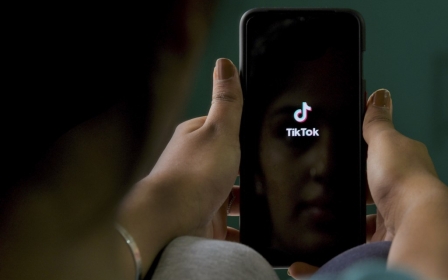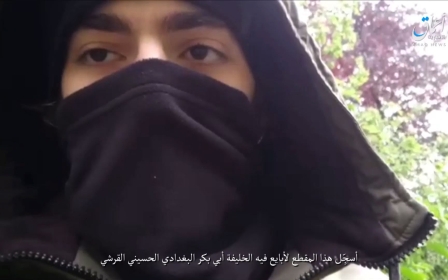Egypt: Prison sentences overturned for TikTok influencers

Cairo’s Economic Appeals Court overturned the prison sentences of TikTok content creators Haneen Hossam and Mowada al-Adham on Tuesday, as well as three other defendants.
The five influencers were sentenced to prison and fined 300,000 Egyptian pounds (then $18,750) last year over videos they posted on social media platform TikTok that involved singing and dancing.
According to local media, lawyer Hussein al-Baqqar said the appeals court had acquitted Hossam of all charges and upheld the fines for Adham and the three other defendants.
Before her arrest, Adham had over one million followers on TikTok, which she used to share videos of her taking part in different trends, such as lip-syncing and dancing.
'Instead of policing women online, the government must prioritise investigating the widespread cases of sexual and gender-based violence against women and girls in Egypt'
- Lynn Maalouf, Amnesty International
Hossam, who also had a following of over one million, used the app to teach users how to make money.
New MEE newsletter: Jerusalem Dispatch
Sign up to get the latest insights and analysis on Israel-Palestine, alongside Turkey Unpacked and other MEE newsletters
In the days before her arrest, Hossam said the media had taken her content and shared it out of context, claiming that what she was doing was inappropriate.
She said many did not understand how people can make money through social media and stressed it was no different from presenters and public figures earning a living on TV.
The TikTok influencers were prosecuted under Egypt's 2018 cybercrime law, legislation which has been widely criticised by human rights campaigners and activists for being vague and for being used to unfairly target people.
Not only can authorities imprison and fine people for content posted online deemed to be inconsistent with family principles or the values of Egyptian society, the law also allows any social media accounts with more than 5,000 followers to be monitored.
Virginity test
Last year, Egyptian media reported that Adham had been asked to submit to a virginity test, which was requested for the investigation, but refused to do so. The United Nations has previously called for a ban on virginity testing, which violates human rights and can cause pain, health issues and trauma.
Many activists and social media users condemned the charges against the TikTok influencers, highlighting how loose and vaguely worded laws were used to target women.
Following the charges against the young women last year, many took to social media to denounce the crackdown on the women and the ease with which people could be penalised for the content they published online.
Last year, rights group Amnesty International also issued a statement calling on Egyptian authorities to end their crackdown on women TikTok users being prosecuted on "absurd charges of indecency and violating family principles and values".
In a statement, Lynn Maalouf, Amnesty's Middle East and North Africa research director, said that their arrest perpetuated a culture of inequality and violence against women.
“Instead of policing women online, the government must prioritise investigating the widespread cases of sexual and gender-based violence against women and girls in Egypt,” she said.
Although the news of the release has been met with jubilation, many still view the acquittal of the women with caution.
Reem Abdellatif, an Egyptian-American journalist and founding member of the African Women Rights Advocates, an organisation that empowers women, said arrests would continue to act as a warning to women, despite the influencers' release.
“It is positive news that their prison sentences have been overturned, but they shouldn't have been arrested or taken into custody in the first place," she told Middle East Eye. "This was the regime sending a warning message to intimidate and control working-class women who are social media influencers.”
Abdellatif also stressed that until vague laws in Egypt were abolished, women would continue to be targeted by the government.
"Egypt is in desperate need of deep structural reforms. For starters, the 'family laws' article in Egypt must be scrapped so that it can't be used to disempower and imprison women or girls going forward," she said.
"Until such changes take place, women will continue to remain at the mercy of the government's every whim. Simply put, the legal system is not built for us, as women.”
Middle East Eye delivers independent and unrivalled coverage and analysis of the Middle East, North Africa and beyond. To learn more about republishing this content and the associated fees, please fill out this form. More about MEE can be found here.





